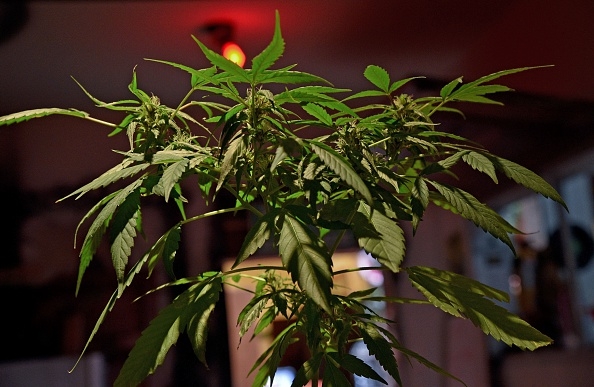Marijuana Legalization in Colombia Announced; DEA Loosens Up!

Botanists, Rastafarians, researchers and medical-marijuana users alike were enthralled to hear news of marijuana's legalization over in Colombia. Moreover, news of its medical use also reveal how a derivative of the plant's chemical can help in fighting epilepsy, especially with how the DEA has recently eased on some of its regulations, according to sources.
In recent news, Colombia's President Juan Manuel Santos signed a decree that legalizes the sale and growth of marijuana for medical use, as the country shifts away from US-backed drug policies, courtesy of The Guardian.
"The new rules represent a major step that put Colombia at the vanguard and forefront of the fight against illness," the Colombian President said during the signing ceremony for the country's legalization of the plant, as stated by the source.
"This decree allows licenses to be granted for the possession of seeds, cannabis plants and marijuana," Santos said, according to Yahoo News.
"The manufacture, export, sale, and medical and scientific use of this and other substances have been permitted for several decades in Colombia. However, they were never regulated. That is what we are doing today, he added.
"Our goal is for patients to be able to access medications made in Colombia that are safe, high-quality, and accessible. It is also an opportunity to promote scientific research in our country," he further added.
Moreover, news have revealed that a team of doctors might have possibly discovered the key to fighting epilepsy where a year-long study showed the effectiveness of Cannabidiol (CBD), a derivative of medical marijuana with no psychoactive properties, in managing treatment-resistant epilepsy of kids and adults, as reported by Tech Mic.
"We are very encouraged by our trial results showing that CBD was safe and well-tolerated for most patients, and that seizures dropped significantly," lead Researcher Orrin Devinsky stated in a release, courtesy of the source.
Dr. Scott Stevens commented that news of marijuana's medical use in treating epilepsy is only the first step, as stated by US News Health.
"The results of this study stand as a steppingstone toward further studies evaluating the use of marijuana in the treatment of epilepsy," he said.
In addition, the US Drug Enforcement Agency (DEA) has decided to loosen up some of its regulatory policies imposed on those who were conducting FDA-approved clinical trials on Cannabidiol (CBD), as reported by Forbes.
"This is certainly a step in the right direction towards the development and proof of CBD as an empirically efficacious compound," Kalytera CEO Seth Yakatan said, courtesy of the source.



